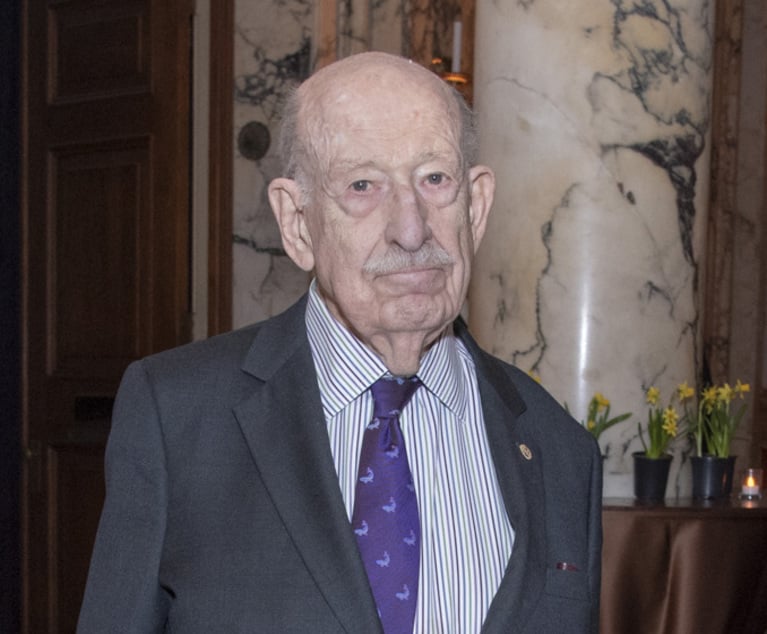In personal injury lawsuits, it is often the case that a plaintiff will undergo surgery during the course of litigation, without giving any prior notice to the defendants. Whether unintentional, or tactical, two decisions in the Supreme Court, including one issued earlier this year, may serve to change this practice, at least in cases where the defendants have demanded the right to conduct a presurgical independent medical examination (IME). Indeed, based on Mangione v. Jacobs and Martinez v. Nelson, the decision to ignore a defendant’s request for a presurgical IME and proceed to surgery without first appearing for an exam can have serious consequences for a plaintiff, up to and including dismissal of the lawsuit on the basis of spoliation of evidence.
Concealing an upcoming surgery from the defendants in a personal injury action can yield certain clear benefits for the plaintiff. If the defendants are aware of an upcoming surgical procedure, particularly a complex or invasive procedure, they may seek a presurgical IME by a retained defense expert physician. The defense expert physician, aided by a presurgical IME, will be in a position to offer an opinion based upon the plaintiff’s presurgical condition. As a result, the expert physician has the ability to opine as to whether surgical intervention is medically necessary. The physician will also have an opportunity to determine whether plaintiff’s physical condition prior to surgery accurately correlates with claims made in the records of the plaintiff’s treating physicians. However, if the plaintiff proceeds to surgery without notifying the defendants, an opportunity in this respect is lost for the defendants. At best, the defense expert physician can say that based upon a later examination of plaintiff, occurring after the surgical procedure was already done, and a review of the plaintiff’s medical records, that surgery was not indicated.


 Photo Credit: shutterstock.com
Photo Credit: shutterstock.com




